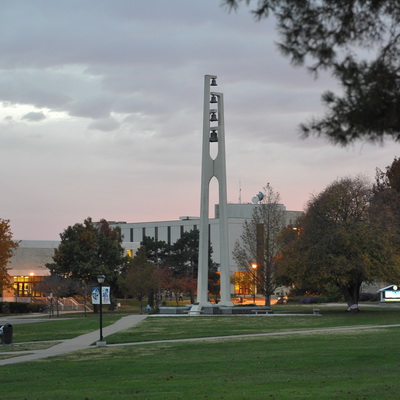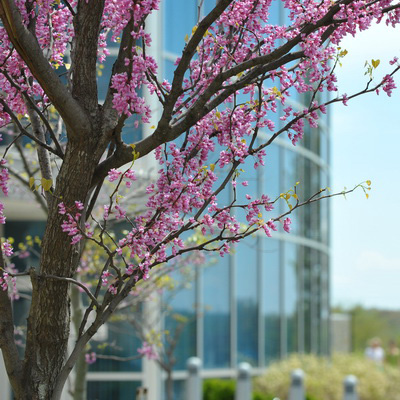
Become a Medical Laboratory Scientist
Medical laboratory science professionals, often called medical laboratorians or clinical laboratory scientists, are vital healthcare detectives. They uncover and provide laboratory information from analyses that assists physicians in patient diagnosis and treatment as well as in disease monitoring or prevention. Bachelor of Health Science in Medical Laboratory Science (BHS/CLS) offers a wide range of career options. You may work in a hospital, private clinic, independent laboratory or in the forensic science field. Other possibilities include business, industry, research, sales and marketing. Or maybe this is just the beginning of your educational journey. Students also use this major to prepare for medical, dental or pharmacy schools and admission to many graduate programs in medical sciences.

Choosing Washburn for CLS
Washburn University offers a Bachelor of Health Science in Medical Laboratory Science (BHS/CLS) through its partnership with the University of Nebraska Medical Center (UNMC). After three years of prerequisite coursework, students may complete this program in less than 12 months which includes 11 weeks in the summer at the UNMC Omaha campus. The remaining clinical and didactic coursework is then completed at Topeka area hospitals.
This program is a hybrid delivery. Students complete required prerequisites on campus. Once accepted into the program in their senior year students take courses online with the exception of their summer at UNMC. Exams are proctored on campus. Clinicals are completed in person.
Graduates of this program are prepared to sit for the ASCP national certification examinations as Clinical/Medical Laboratory Scientists. They also will be well prepared for the workforce.
- Washburn University's BHS/CLS graduation rate is 100% (graduating classes from 2019-2024).
- Washburn University's BHS/CLS credentialing exam pass rate is 100% (graduating classes from 2019-2024).
- Washburn University's BHS/CLS placement rate is 100% as most of our graduates are hired at their clinical site.
Upon completion of the program, you will be prepared to provide laboratory information that is timely, cost-effective and of high quality. Graduates demonstrate a command of medical laboratory science theory and application such that they develop, implement and evaluate the total laboratory process to improve patient care outcomes.

Application & Admission
- Students apply during the first semester of their junior year. Priority deadline is Dec. 1. Applicants must have at least a 2.5 cumulative GPA and a 2.5 GPA in math/science. The application process is competitive, and meeting minimum criteria does not guarantee admission.

Essential Functions
- Students must meet essential requirements to ensure success in both their clinical coursework and later in the workforce.

Quality Indicators
- The CLS program values its mission, goals and student successes. Our numbers indicate the quality of education that Washburn provides.

FAQs
- Learn more about this program by exploring the answers to a list of frequently asked questions.
Take a Closer Look
Once prerequisite requirements are complete, the CLS program offers online coursework and clinical education that may be completed in less than a year. Our experienced faculty will assist you in navigating your educational journey.
The program requires three years of prerequisite coursework, including a minimum of 16 hours of biology and 16 hours of chemistry. Once in the program, students will spend 11 weeks at the University of Nebraska's Medical Center in Omaha to begin their coursework, laboratory introduction and rotations.
Upon returning to Topeka, students will complete the remaining coursework online through the University of Nebraska's course management system as well as completion of nine months of clinical training at assigned affiliate hospitals. The Medical Laboratory Science Program requires 43 credit hours once students begin the program.
Some students choose to complete B.S. degree requirements before applying to the CLS program. These students should contact the CLS adviser for further information.
CLINICAL AFFILIATES
Clinical rotations will typically be completed at one of the following hospitals:
- Providence Medical Center, Kansas City KS
- The University of Kansas Health System St. Francis Campus, Topeka
- Stormont Vail Health, Topeka
ACCREDITATION
The Medical Laboratory Science program through its partnership with the University of Nebraska Medical Center is accredited by the National Accrediting Agency for Clinical Laboratory Sciences (NAACLS). http://www.naacls.org/
5600 N River Road, Suite 720 Rosemont, IL 60018 Phone: (773) 714-8880
By the Numbers
Experienced Salary
$83,700
Exam Pass Rate
100%
Placement Rate
100%
Program Cost
A breakdown of costs for the CLS program is detailed in the CLS application form. Financial aid including loans, scholarships, grants and work-study is available for those who qualify.
Apply Now
Apply to Washburn University's Medical Laboratory Science Program during the first semester of your junior year (priority deadline December 1). Applications received after December 1 will be considered on a space available basis. If you currently are not a Washburn student, please complete an application to Washburn University in addition to a CLS application.The application process is competitive, and meeting minimum criteria does not guarantee admission. Preference is given to current Washburn students and undergraduates.


